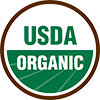Seems like you see CBD everywhere these days: oil, balm, tincture, gummies, prerolls, pet treats, bath bombs. There’s even a CBD-infused sports bra! What’s up with all the CBD? Is there really anything substantive to it or is CBD just the latest snake oil?
The bottom line is that CBD may provide significant health benefits but consumers need to be wary of hyperbolic claims and steer clear of ineffective or even harmful products. Definitely a case of caveat emptor out there. Let’s start by getting the basic facts straight and then consider how to choose safe and effective CBD products.
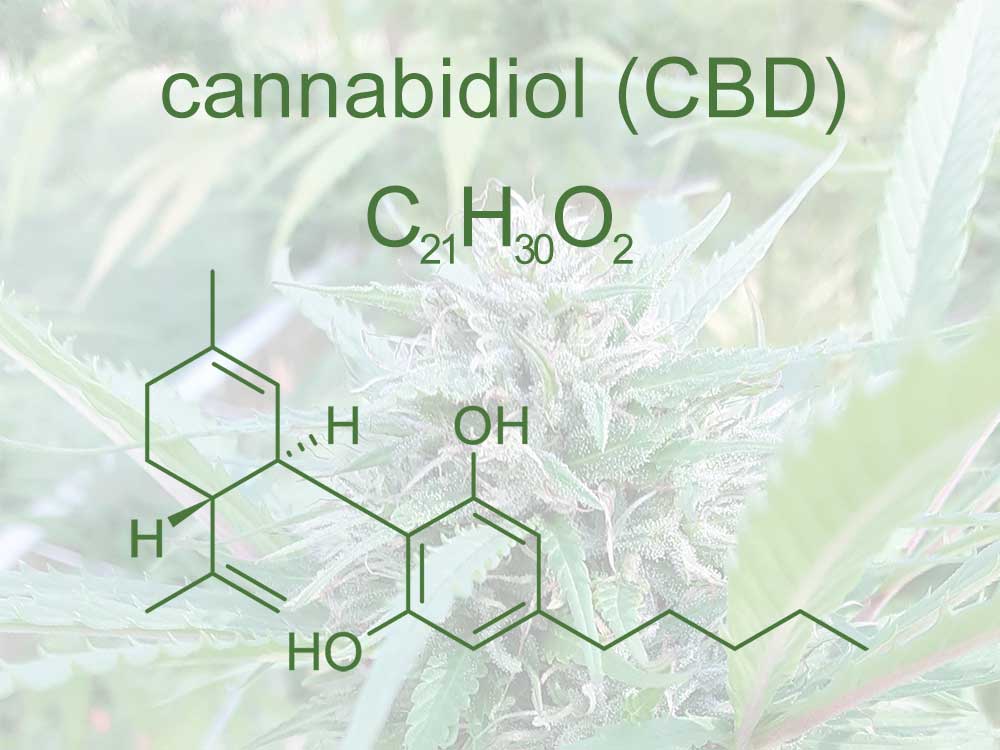
Where Does CBD Come From?
Short for “cannabidiol” (pronounced “can-uh-bid-dial“), CBD is one of the compounds known as “cannabinoids” produced by the Cannabis sativa plant. Unlike its more famous cannabinoid cousin, THC, CBD isn’t intoxicating. But CBD has therapeutic properties many people find helpful in managing a wide variety of conditions or enhancing general wellness.

Is There Any Evidence CBD Works?
CBD first rose to prominence about ten years ago following the case of Charlotte Figi, a young child devastated by severe epilepsy that resisted standard pharmaceutical treatments. When her desperate parents tried CBD her seizures immediately declined and she was able to enjoy a normal childhood.
While epilepsy is the only condition the FDA has officially approved CBD for, many people also use CBD to treat various conditions. Research is still in early stages but as more studies are published scientific knowledge is beginning to corroborate some of these anecdotal experiences.
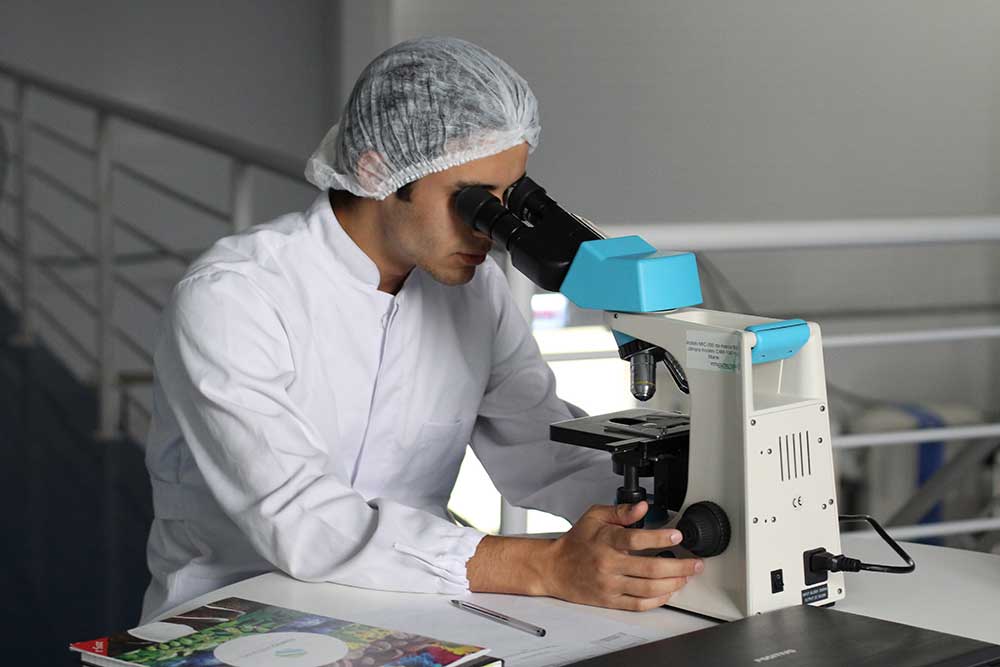
How Does CBD Work?
CBD interacts with our body’s endocannabinoid system (ECS), a complex network of chemical signals and cellular receptors found throughout our body and brain. Research suggests that the ECS functions to maintain equilibrium and homeostasis. Our body produces its own endocannabinoids very similar to the phytocannabinoids found in cannabis, and both types of cannabinoids stimulate the ECS. Since CBD is a phytocannabinoid (“phyto” meaning plant), it interacts with our ECS to produce various effects.
Is CBD Legal?
As we established earlier, CBD is produced by the Cannabis sativa plant, which includes both marijuana and hemp. What’s the difference? Hemp contains less than 0.3% THC and was Federally legalized in 2018, so CBD derived from hemp is not considered a controlled substance by the Federal Government. In Maine CBD products are fully legal for people age 21 and over.
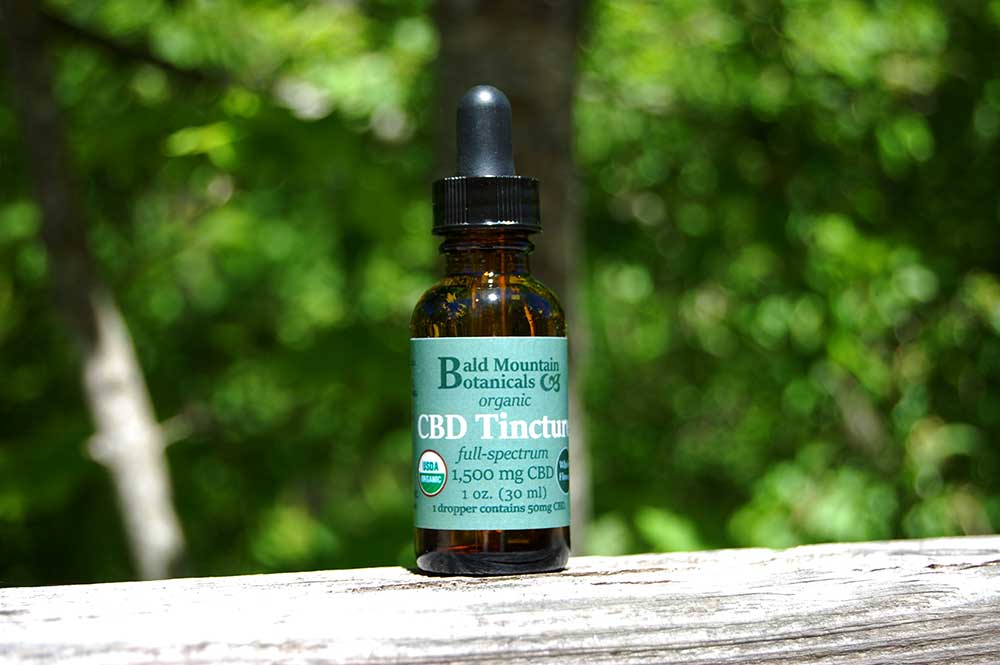
How Do I Take CBD?
Some CBD products are topical, like balms or lotions. Topical CBD products don’t introduce CBD systemically, so the effects are limited to the area of application. Onset of effects is within 5 minutes.
Other CBD products like oil and tincture are taken internally: either ingested (often with food or beverage) or administered sublingually (under the tongue). These products introduce CBD into your bloodstream where it’s distributed throughout your body. It generally takes 1-2 hours for the onset of effects when ingested, and 10-15 minutes when taken sublingually.
Finally, some people administer CBD by smoking or vaping hemp flower (vape cartridges aren’t recommended as they have other potentially harmful ingredients). Systemic effects are usually felt within a minute or two.
People respond to CBD in different ways–it’s not a “one size fits all” proposition. Always talk with your doctor or caregiver first. When taken internally, the best approach is to start with a low dose (5mg +/-) and slowly titrate up until you achieve the desire effects. There’s typically an optimal dose beyond which CBD’s efficacy declines–more is not necessarily better. This “sweet spot” is highly individualistic and depends on many factors such as body weight, metabolism, and other factors.
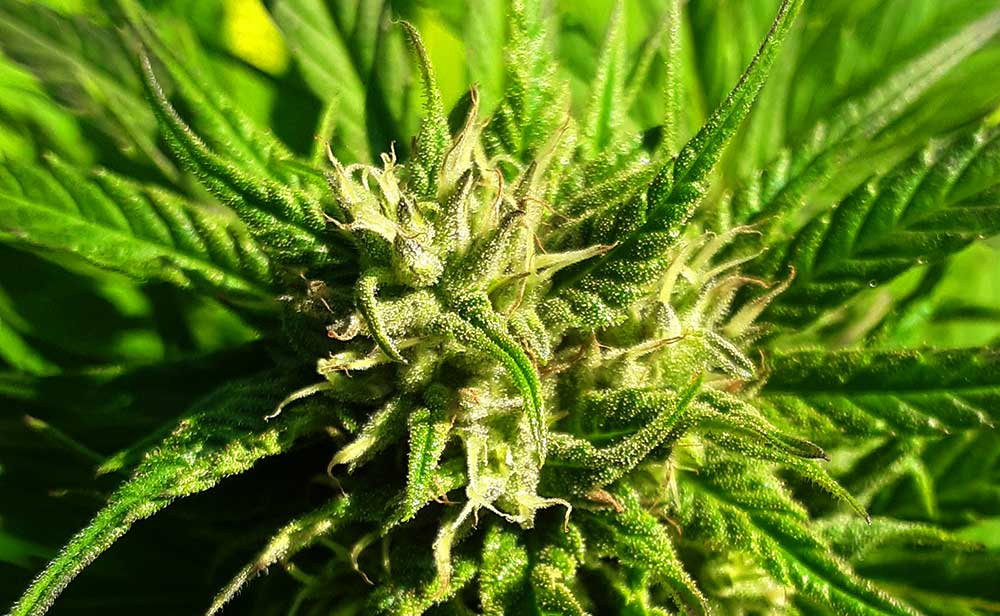
How Do I Find Safe and Effective CBD Products?
There’s a wide range of products sold under the name “CBD”–it’s truly a “wild west” situation and you should be extremely careful. Only buy CBD products from an honest, knowledgeable, transparent, and trustworthy source. How do you know for sure? The ideal source is someone you know personally and trust; but beyond that there are a few things to look for:
- Tested by a third-party laboratory for purity and potency: often known as a “Certificate of Authenticity” or COA, the lab report should indicate CBD content as well as a screening for heavy metals, pesticides, solvents, and mold.
- Certified organic: It’s safest to only buy certified organic CBD products made from hemp flowers grown in the U.S. Hemp is a good bioaccumulator, which means if the soil is contaminated with heavy metals, pesticides, or other toxins the plant will readily take up those substances. There are also careless, ignorant, or unscrupulous growers who use chemicals that could be harmful if ingested.
- Full-Spectrum products made from whole hemp flower: research and anecdotal evidence indicate that CBD products made from whole flower and labelled as “full-spectrum” are more effective at lower dosages due to the entourage effect of all the cannabinoids, terpenes, flavonoids, and other valuable compounds contained in the hemp flower. Full-spectrum CBD products contain a minute amount of THC–less than 0.3%–but if you need to pass a drug test or wish to avoid THC altogether choose a “broad-spectrum” product instead.

